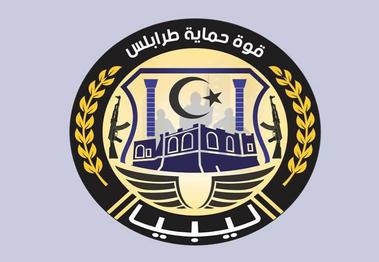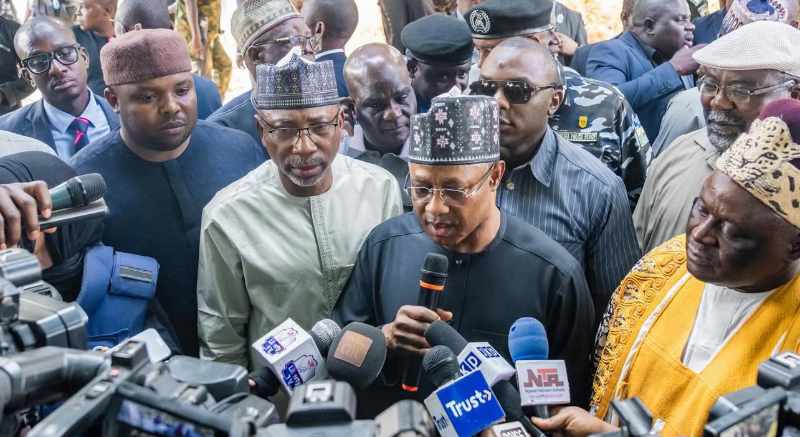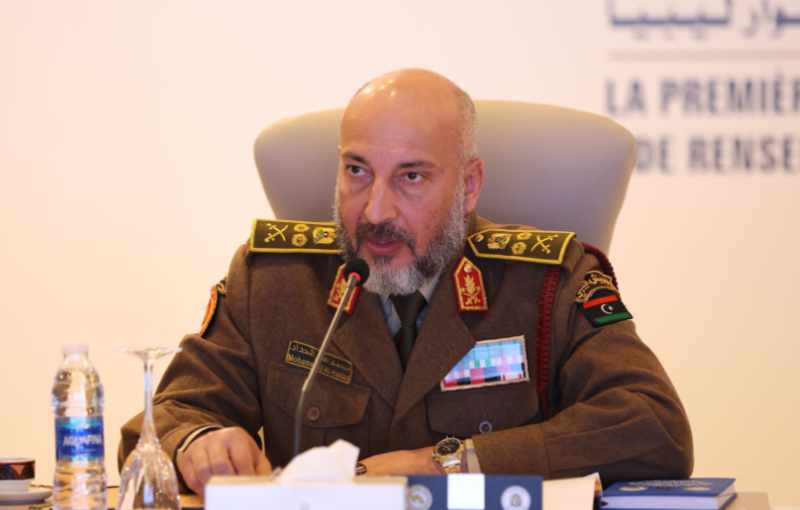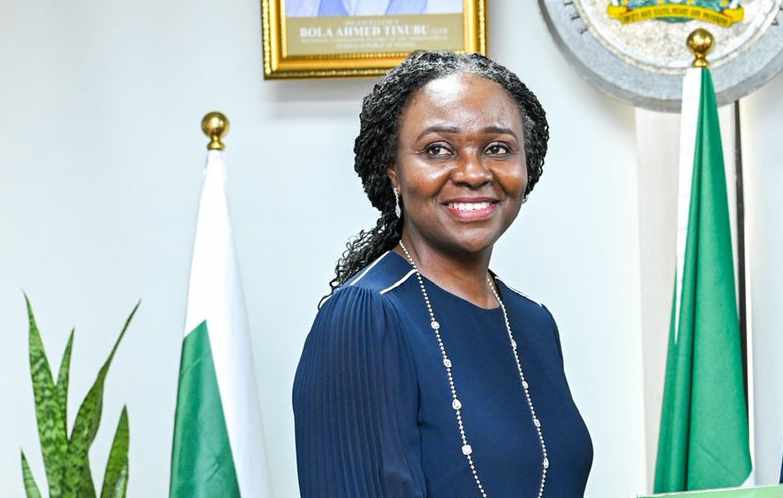Will the Kenyatta-Odinga handshake deal improve Kenyan governance?
Published on 2018 May 11, Friday Back to articles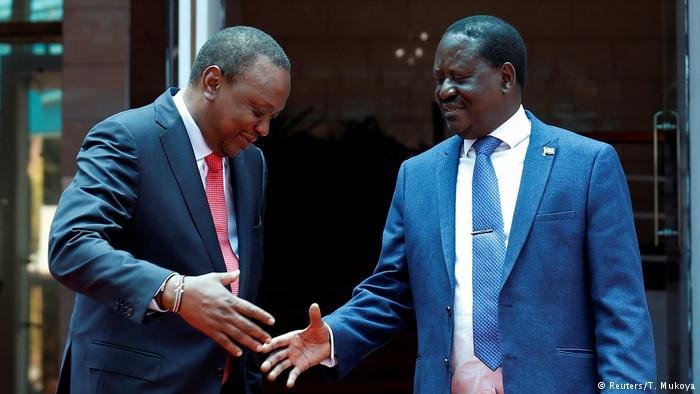
President Uhuru Kenyatta and opposition leader Raila Odinga’s handshake deal has materialised into two plans: one formal, the other informal.
Formal details regarding their handshake deal are still scarce. However, the two men have now released a list of 14 advisors who are to help Ambassador Martin Kimani and Odinga’s legal advisor, Paul Mwangi, develop the ‘Building Bridges Initiative’. These advisors are mostly older politically established players and the group had been criticised for its lack of younger associates.
This line contrasts with the second informal communication which is clearly continuing in the background. After Odinga’s much publicised visit to see former president Daniel arap Moi (1979- 2002), Odinga then visited Kenyatta’s predecessor and former president Mwai Kibaki (2002-2013). Several aspects contradict the official line: Odinga has been included in the short list of dignitaries allowed to use sirens in traffic; and he also travelled to South Africa on Kenyatta’s behalf.
This is likely to be the closing of ranks between Kenya’s old political families in order to lock out the Deputy President, and self-styled ‘hustler’, William Ruto. Amidst this political manoeuvring, so far Ruto has not been provoked into any reaction other than expressing his formal goodwill for the handshake deal. He is expected to continue to reach out to different ethnic communities in order to gain support for his widely anticipated presidential bid in 2022.
But the lack of factual information on what the agreement between Kenyatta and Odinga actually entails has been frustrating for political and commercial stakeholders. Some have even criticised the two of an apparent state capture by the country’s elite. This argument claims their dealings protect the interests of their patrons with little consideration for the country’s national well-being.
The handshake deal certainly had the benefit of calming the political temperature in the short term, which was a welcome result for Kenya’s and the wider region’s business community. This is one reason why Odinga has made only very perfunctory efforts to support the still-deported, vocal opposition activist Miguna Miguna. The political manoeuvring does, however, erode the country’s institutions and holds out only the limited promise that Kenya will change its deeply entrenched governance problems.
This update is part of our East Africa analysis. To receive a sample trial, please contact our Africa team.
